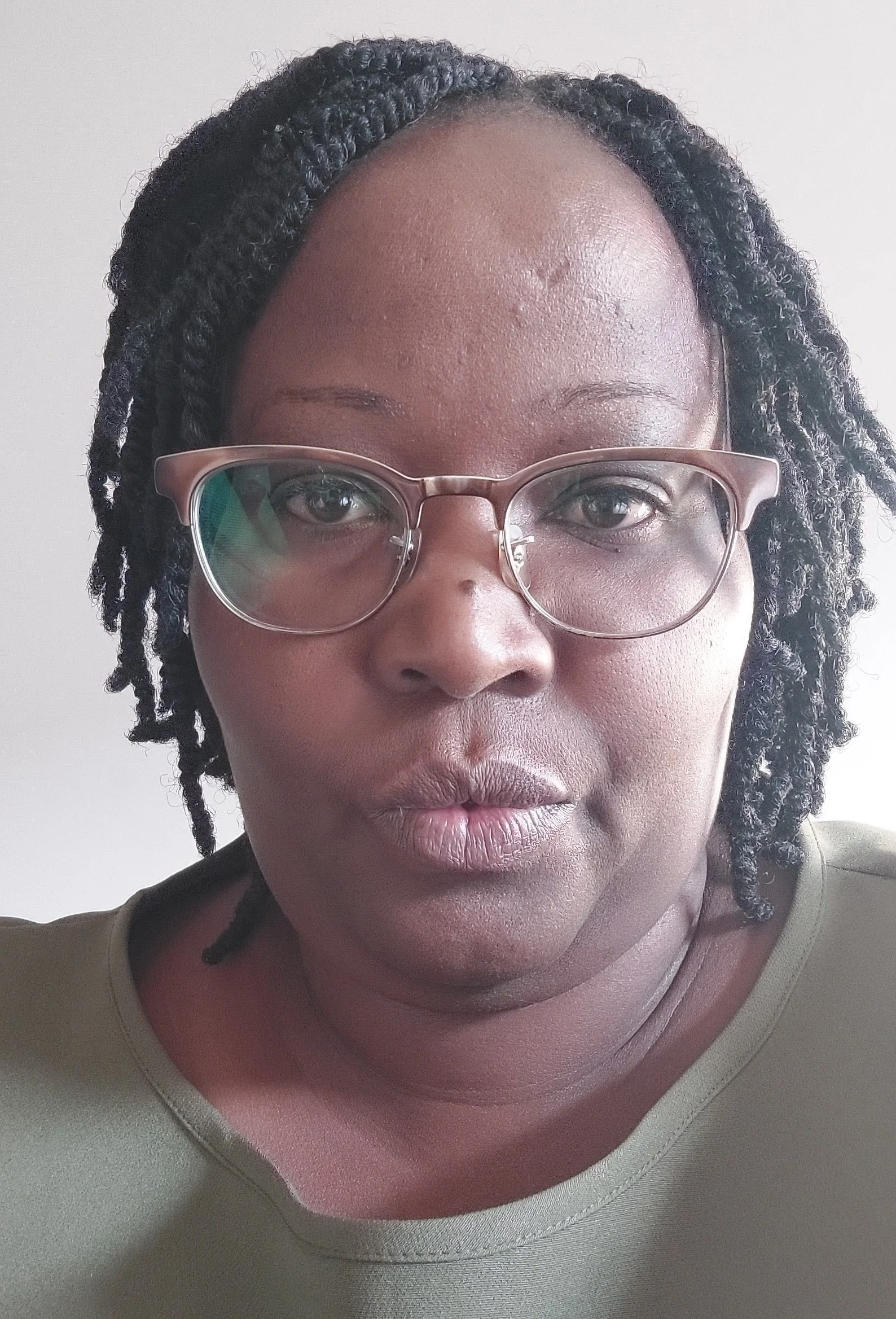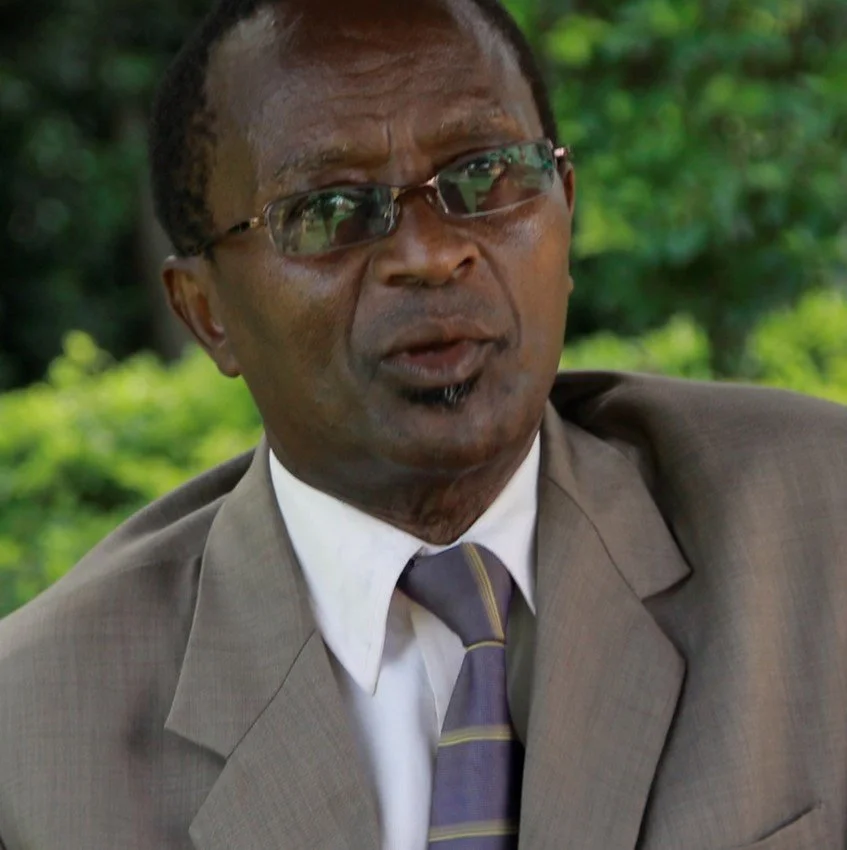Our Founder’s Story
In November 2000 I walked through the gates of Kenilworth Place, Addiction Treatment Centre in Cape Town. I had realized a few months before that I had become dependent upon alcohol but like so many addicts and alcoholics I didn’t understand what was wrong with me or what to do about the problem. My denial system was firmly in place.
It is not an easy thing to admit defeat. I did not want to be an alcoholic and I don’t believe anybody wants to be addicted to any drug or drink. I was disgusted with myself and the more shame I felt the deeper the depression grew. With encouragement from a counselor I saw enough light at the end of the tunnel to kick myself into treatment. I walked through the gates of the treatment centre at midnight and felt relief, safety and a lifting of the awful isolation.
I learnt a lot. I am forever grateful to all those at Kenilworth Place who helped me turn my life around. I came out knowing why I was an alcoholic, what I had to do and, and this is important, that I was not a bad person. Now, I am not embarrassed about being an alcoholic. I am in good recovery. I know that if, day by day and sometimes minute by minute, I work my program, turn my will over to my higher power and keep away from that first drink, I will be OK.
The inspiration for the creation of Nairobi Place came from the treatment I received in Cape Town and the effect on my life being in a recovery program has made. Nairobi Place is a private institution and we have ambitions for our profits. We hope in the near future to be able to set up a secondary care facility or half-way house for those patients from all the rehabs in Kenya who needed an extended period of care within a therapeutic environment. We also hope to provide specialist services within the field of mental health, especially on the adolescent side. We want to be able to expand on the work we have already started to help those who are not in a position financially to receive treatment. There is so much that can be done but it is important that it is done properly.
An important part of what we are doing is helping to promote the understanding of the disease of addiction. I feel very strongly that with more understanding, the stigma and fear associated with alcoholism and addiction can be reduced which will enable more people to come forward for help.
Treatment is a means to an end. The hard work starts when you leave. To maintain sobriety within a non-sober world for the rest of one’s life, is not easy and becomes a process of change that must be worked on every day. We do all we can to provide our patients with the tools of recovery but ultimately it is up to that person to implement the change in their lives – recovery is one’s own responsibility.



